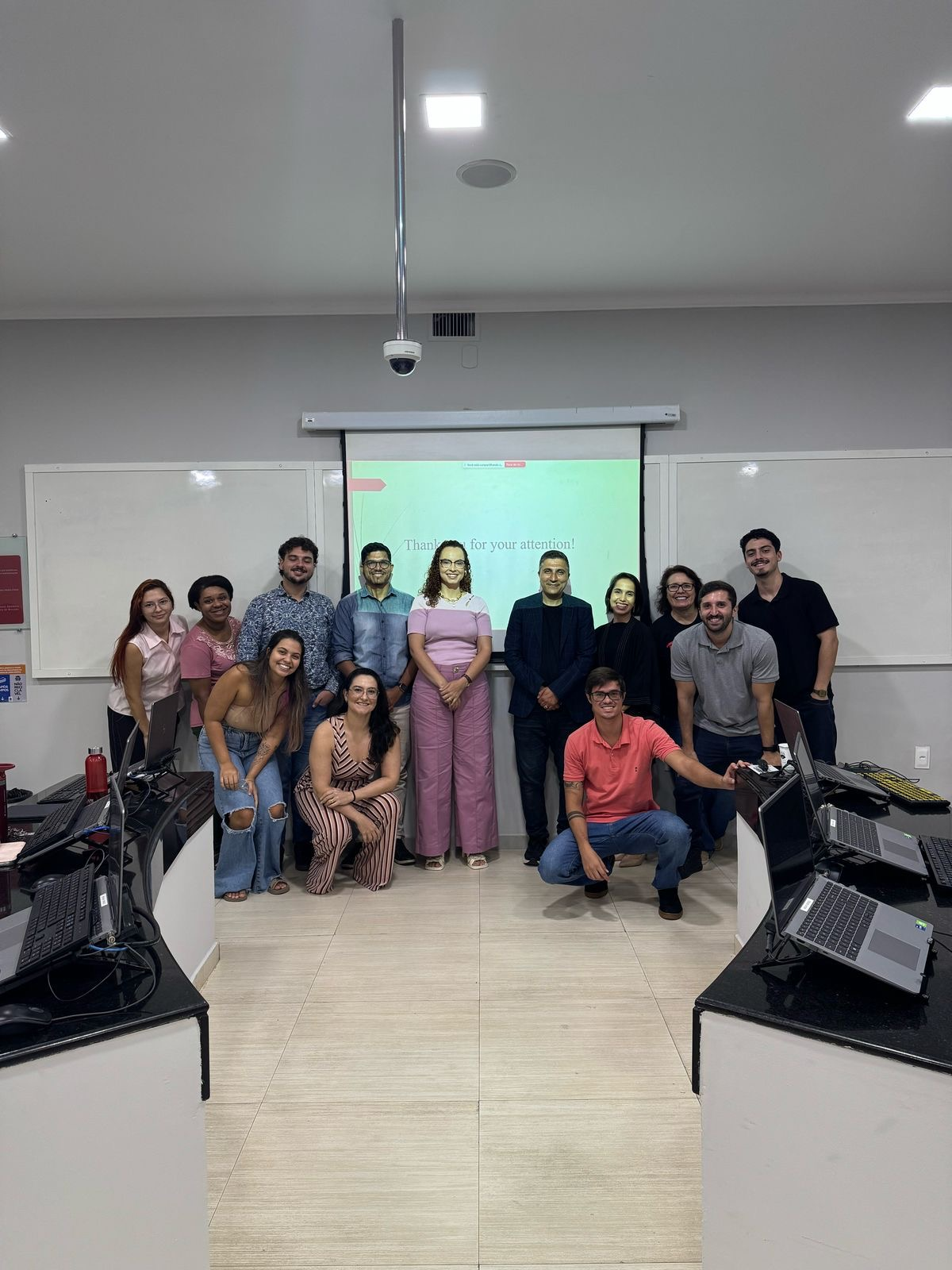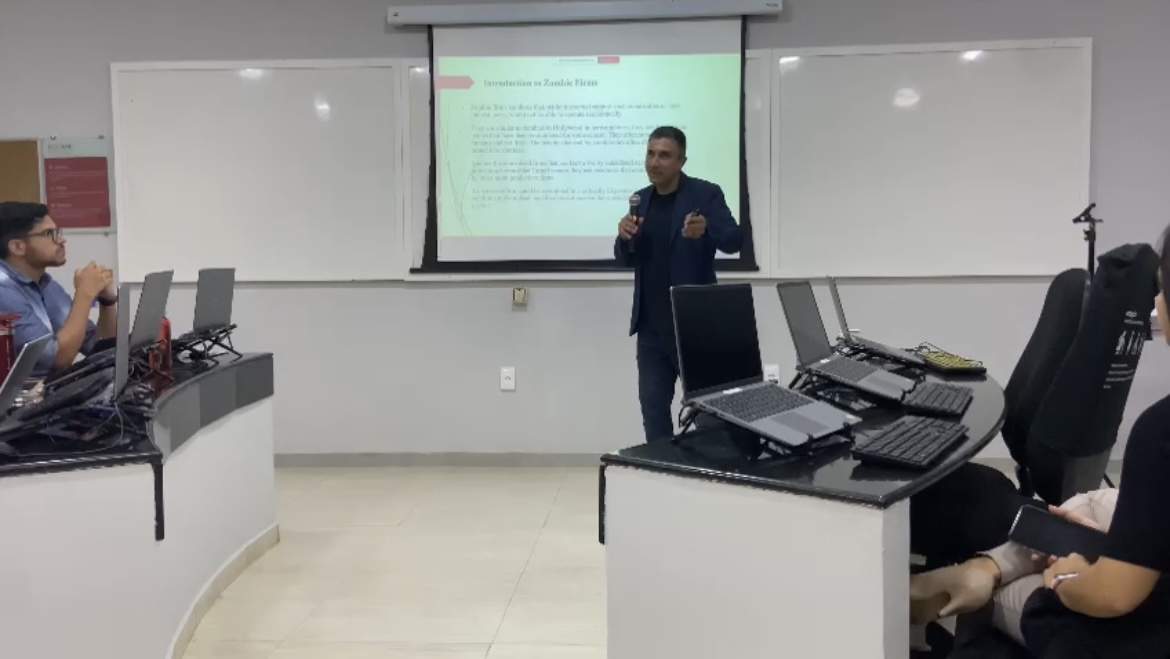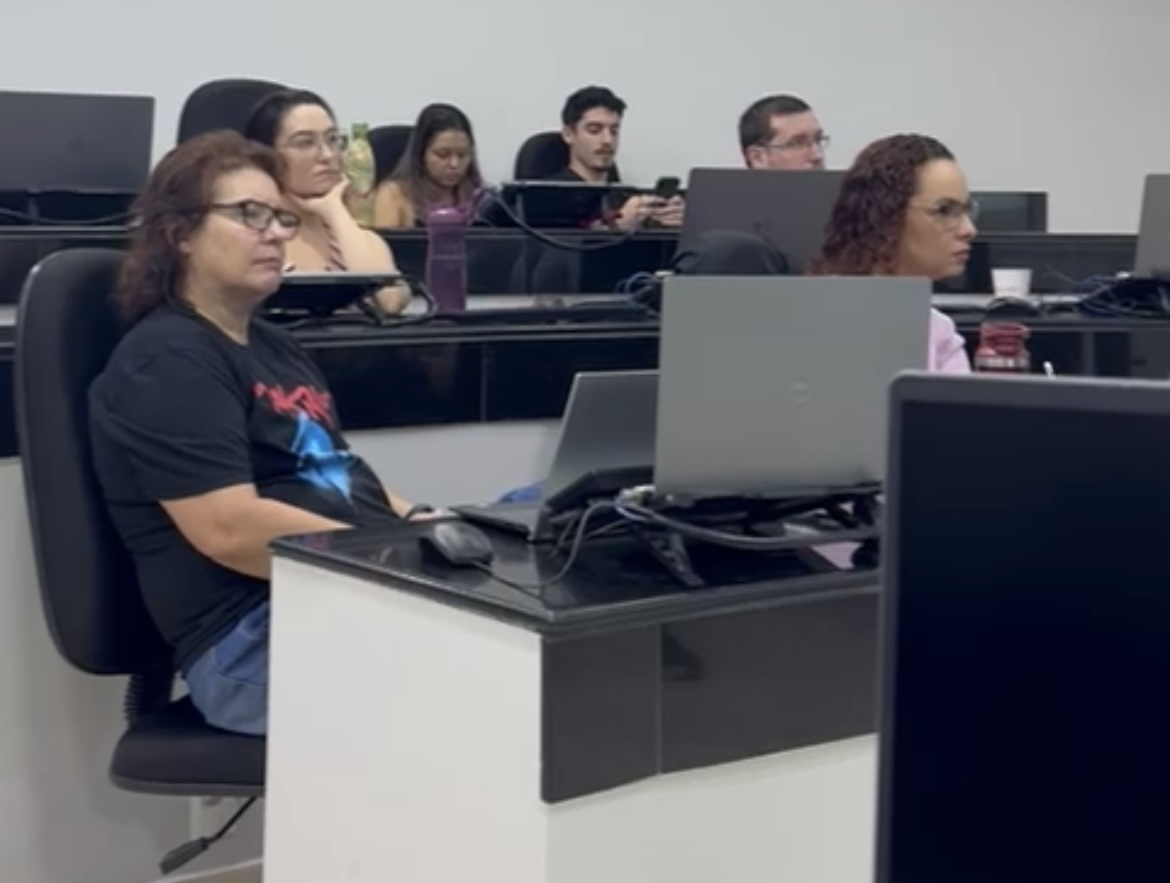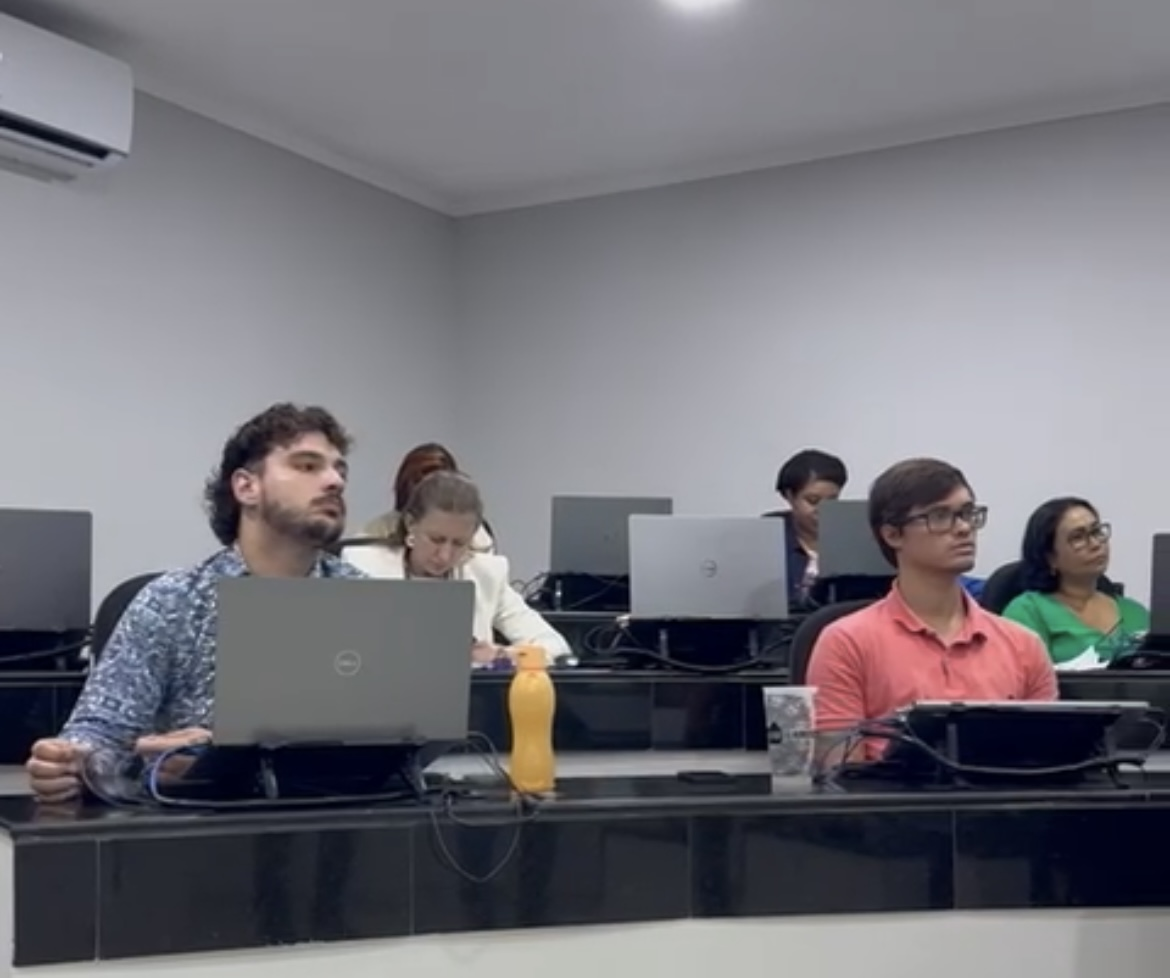Topics
The main topics of this symposium are listed below.
Management
- Advertising
- Business Performance Management
- Decision Sciences
- Development Planning and Policy
- Entrepreneurship
- Human Resource
- Information Systems
- Information Technology Management
- Labor Relations & Human Resource Management
- Management Information Systems
- Operations Research
- Organizational Behavior & Theory
- Production/Operations Management
- Public Administration and Small Business Entrepreneurship
- Public Relations
- Public Responsibility and Ethics
- Strategic Management
- Systems Thinking
- Time Management
- Total Quality Management
Finance
- Business Intelligence
- Business Information Systems
- Corporate Finance and Governance
- Digital Financial Intermediation
- Finance & Investment
- Financial Risks and Capital Flows
- Global Business
- International Finance
- Prices, Business Fluctuations, and Cycles
Meanwhile, submissions aligned with the overall conference theme are also welcome.
Economics
- Economic Development
- Comparative Economic Systems
- Consumer Behavior
- Economic Systems
- Financial Economics
- Household Behavior and Family Economics
- Industrial and Manufacturing
- International Economics
- Labor Economics
- Law and Economics
- Market Structure and Pricing
- Marketing Research and Strategy
- Public Choice
- Productivity and Economic Growth
- Regulatory Economics
- Travel/Transportation/Tourism
- Welfare Economics
Business
- Business analysis
- Techniques, Methodologies, and Models
- Enterprise and Company Analysis
- Requirements Planning and Management
- Requirements Analysis and Documentation
- Strategic Analysis and Design
- Innovating
- Vendor and Tools Track
- Data Modeling
- Business Process Modeling
- Soft Skills and Competencies
- Architectural Frameworks
- Business Rules
- Object-oriented Analysis
- Structured Analysis




